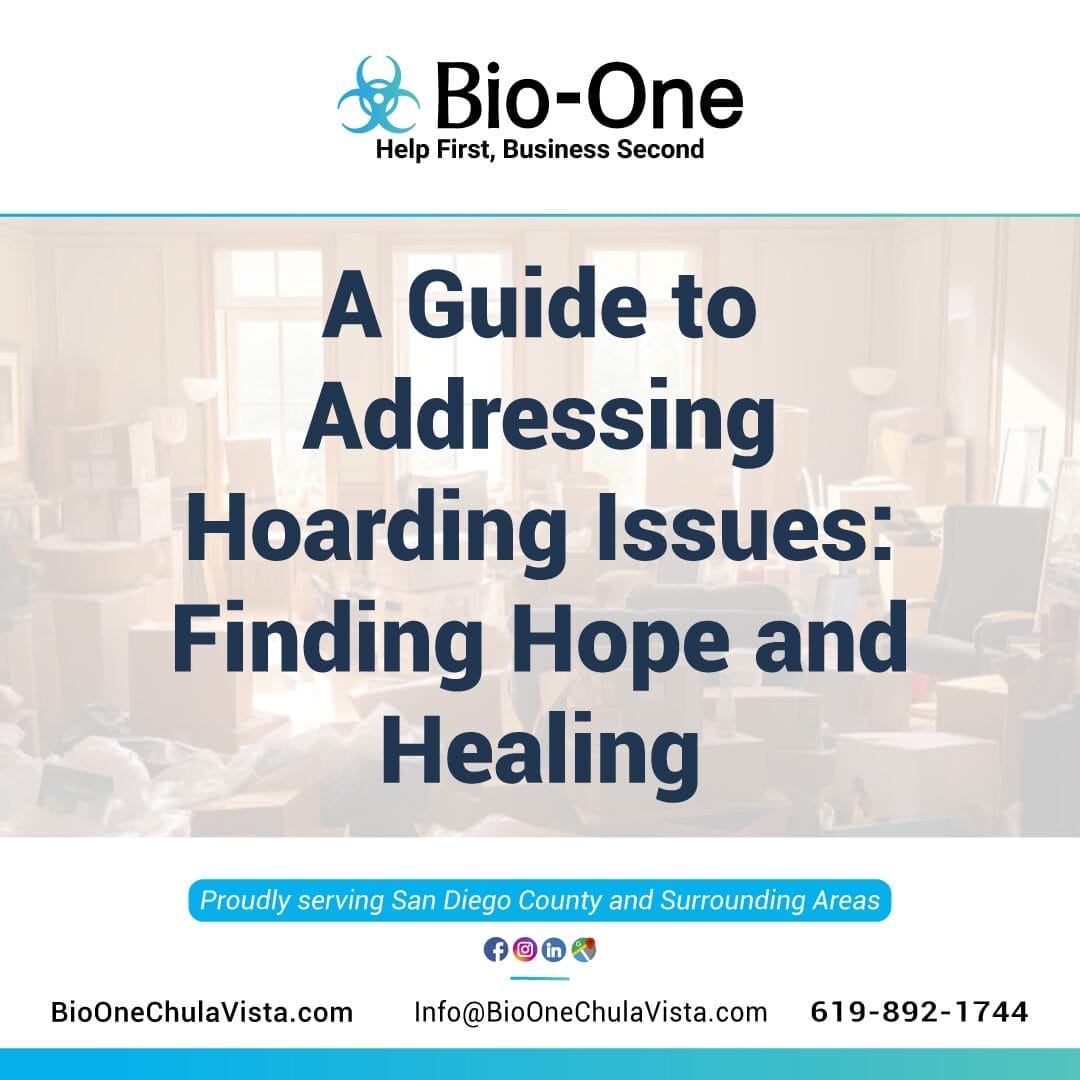
Living with hoarding is an often isolating experience for those affected and their loved ones. Hoarding can create a home environment that's filled with not only physical clutter but also emotional complexities. This comprehensive guide delves into addressing hoarding issues, exploring the roots of this behavior, its psychological ramifications, and most importantly, strategies for support, therapy, and recovery.
Whether you're struggling with hoarding tendencies yourself or you're supporting someone close to you, this resource aims to offer insightful solutions and pathways to healing.
Understanding Hoarding Causes and Risk Factors
Addressing hoarding issues begins with recognizing the numerous factors that can contribute to its development. It's not simply a matter of untidiness; Hoarding Disorder is now categorized in the Diagnostic and Statistical Manual of Mental Disorders as a distinct psychological condition. Often, it's a complex interplay of genetic, neurobiological, and environmental factors.
Studies have suggested a genetic predisposition to hoarding behaviors, meaning individuals with a family history of hoarding may be more at risk. Neurobiologically, certain areas in the brain that control decision-making and attachment can exhibit differences in individuals with hoarding disorder. Environmental influences, such as traumatic life events or growing up in a hoarding home, can also be significant.
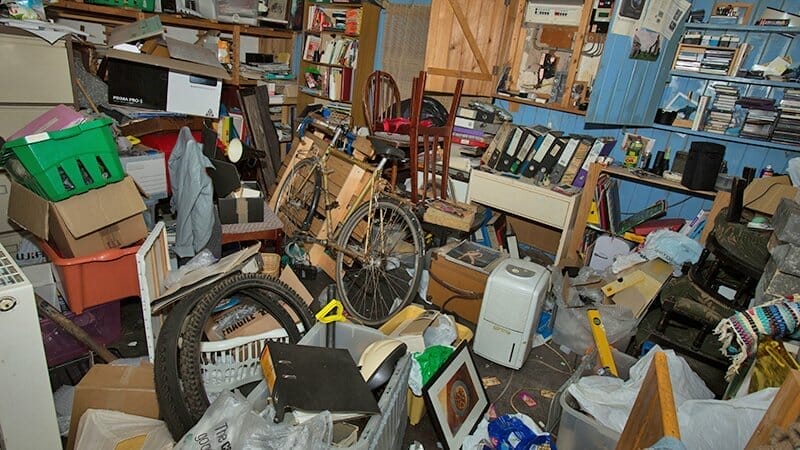
Common Signs and Symptoms
Recognizing hoarding behavior is the first step toward addressing the issue. Some common signs include:
- A persistent difficulty discarding or parting with possessions, regardless of actual value.
- A strong need to save items, a feeling of distress when these items are discarded, and in some cases, a sense of victory from hoarding.
- Living spaces becoming so cluttered that they can't be used for their intended purpose.
- Significant distress or impairment in areas such as physical health, ability to function at work, or maintaining a household.
Effects of Hoarding
Impact on Mental Health
Hoarding disorder can have a profound impact on an individual's mental health. It's often linked to depression, anxiety, and obsessive-compulsive disorder (OCD). The decision-making difficulties that characterize hoarding can lead to feelings of inadequacy and shame. For many hoarders, the collection of objects represents a form of control or safety, which makes the thought of discarding them incredibly distressing and anxiety-inducing.
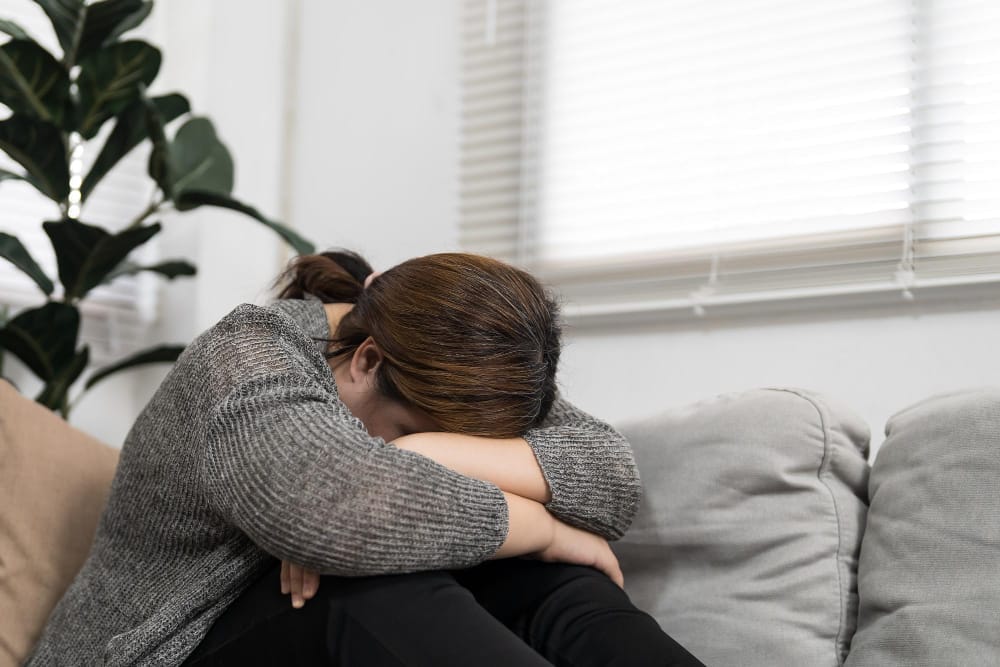
Strained Relationships and Social Isolation
The effects of hoarding are not contained within the home. Relationships with family members, friends, and neighbors can become strained due to the living conditions and the inability to let others into one's home. This isolation can further exacerbate the anxiety and depression associated with hoarding, creating a lonely and self-reinforcing cycle.
Health and Safety Hazards
Excessive hoarding can lead to serious health and safety risks. Piles of items can obstruct pathways, creating a fire hazard and increasing the risk of falling or other accidents. The clutter can also harbor pests, mold, and other unsanitary conditions that endanger both physical and mental well-being.
Seeking Professional Help
Addressing hoarding issues and starting a journey to recovery often requires the intervention of mental health professionals.
Importance of Therapy and Counseling
Therapy is a cornerstone of hoarding treatment. Cognitive-behavioral therapy (CBT), specifically designed for Hoarding Disorder, can help individuals identify and challenge their problematic beliefs about possessions. It can also help develop the decision-making skills necessary to clear clutter safely and manage the anxiety associated with discarding items.

Finding a Qualified Therapist
When seeking help, it's important to find a therapist who understands Hoarding Disorder. Look for someone with experience in treating OCD, and anxiety disorders, or who has specific training in hoarding treatment.
Types of Therapy Approaches
Apart from CBT, other approaches like exposure therapy, which gradually exposes individuals to feared situations to help reduce anxiety, and motivational interviewing, which aims to elicit behavior change from within, can also be effective. Group therapy and support groups can provide a sense of community and shared experiences.
Disclaimer: Please note that the information provided in this document is to raise awareness about Hoarding Disorder and the options available for those seeking assistance. We are a professional hoarding cleanup company and not licensed mental health professionals. We strongly suggest consulting with a qualified therapist for diagnosis and treatment of Hoarding Disorder. Our goal is to support those affected by providing a cleaner, safer living environment and to encourage the path to recovery through professional help.
Supporting Hoarding-Affected Individuals
Loved ones play a crucial role in providing support for those affected by Hoarding Disorder:
- Communication Strategies
Open and non-judgmental communication is key. Express your concerns using "I" statements rather than placing blame. For example, "I'm worried about your safety" instead of "You're putting us in danger."
- Setting Boundaries and Offering Support
Setting boundaries around the home to prevent clutter from overtaking the living space is important. Offering support in the form of assistance in maintaining organization and providing emotional support can help demonstrate care without enabling hoarding behavior.
- Encouraging Self-Care and Self-Compassion
Supporting the person to focus on their well-being and practice self-compassion is essential. Encouraging hobbies, exercise, and other self-care activities can help alleviate some of the anxiety and provide healthy coping mechanisms.
- Family Intervention
Conducting an intervention with empathy and understanding can be a powerful step towards recovery.
- Approaching the Conversation with Empathy
Present concerns with empathy, recognizing the emotional complexities involved. Avoid accusatory language and focus on expressing love and support.
- The Role of Family Therapy
Family therapy can help navigate the complexities of hoarding as a family issue. It provides a safe space to address how the hoarding disorder impacts everyone and to develop healthier communication and coping strategies.
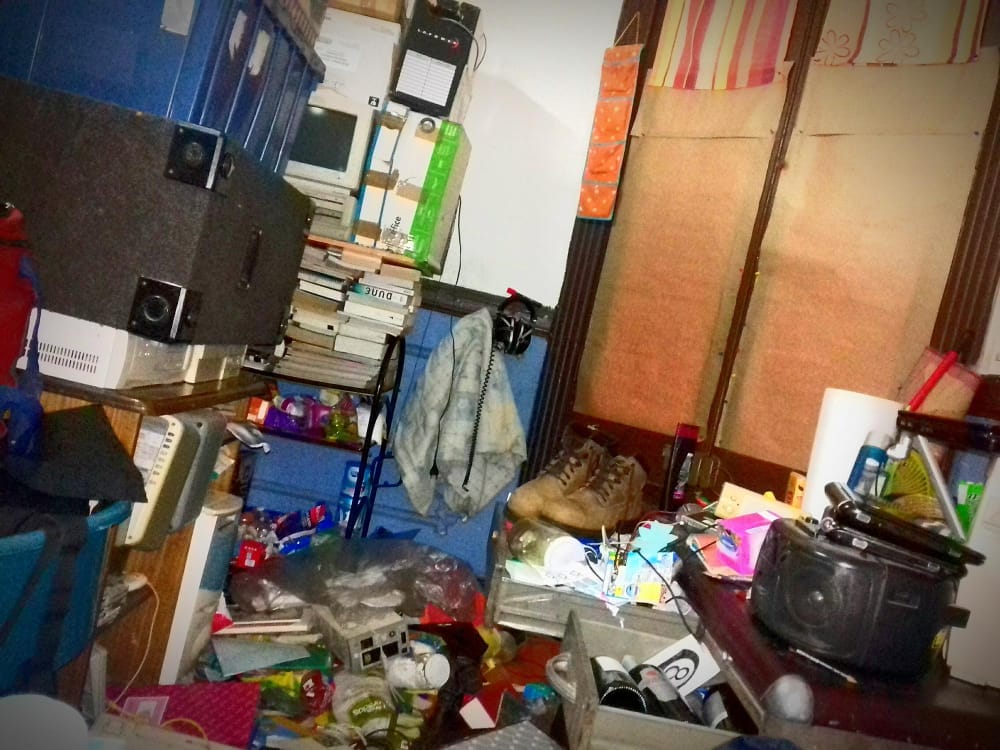
Resources for Family Members
Being well-informed and tapping into resources such as hoarding education, support groups for families, and individual counseling can provide the knowledge and support needed to assist in the healing journey.
Creating a Plan for Recovery
Recovery from hoarding requires patience, understanding, and support. It is important to create a plan that addresses the individual's physical, emotional, and mental well-being. This may include therapy, medication management, professional organizing services, and ongoing support from loved ones.
Setting Realistic Goals
Recovery is a journey, and it's essential to set attainable short- and long-term goals. These might include decluttering a specific area of the home or attending therapy regularly.
Developing an Action Plan
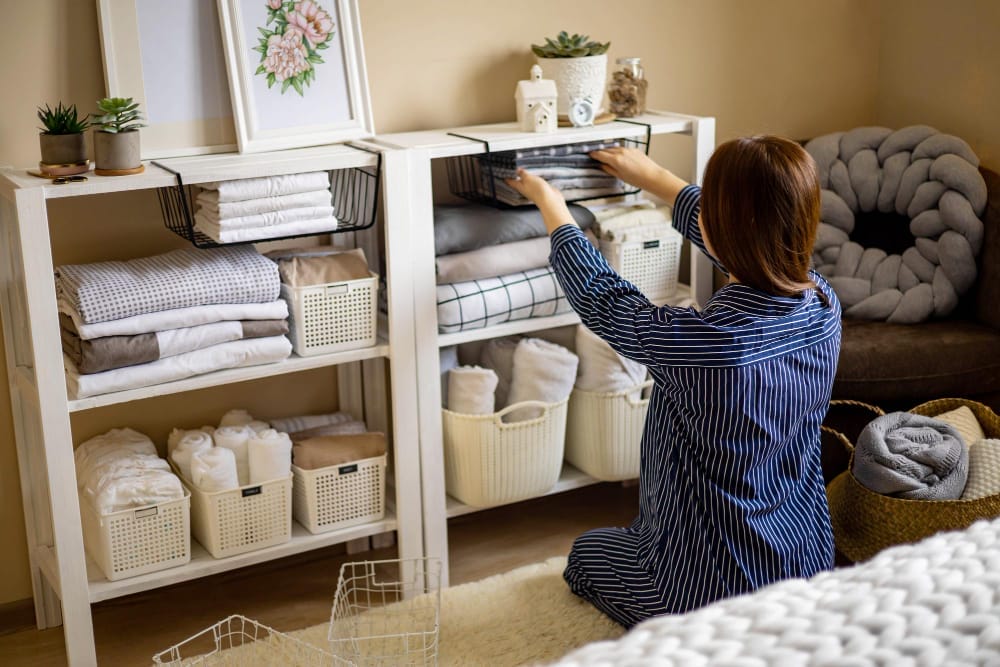
An action plan can provide structure and guidance. It should include specific steps, timelines, and the allocation of resources. Professional organizers, therapists, and support group members can all contribute to this plan.
Maintaining Progress
Consistency is vital. Regular therapy sessions and check-ins with support groups can help maintain progress and provide encouragement during challenging moments.
Bio-One of Chula Vista Can Help
Addressing hoarding issues is a difficult but achievable goal. With the right support, strategies, and a commitment to the recovery process, individuals and families can find a path to healing. There is hope, and there are numerous resources available to assist along the way.
From individual therapy and family interventions to online support communities and local resources, the journey towards a clutter-free life is within reach. Our team at Bio-One of Chula Vista understands the sensitive nature of hoarding and works with clients to create personalized plans for decluttering, organizing, and sanitizing homes. With years of experience, we are ready to help you!


